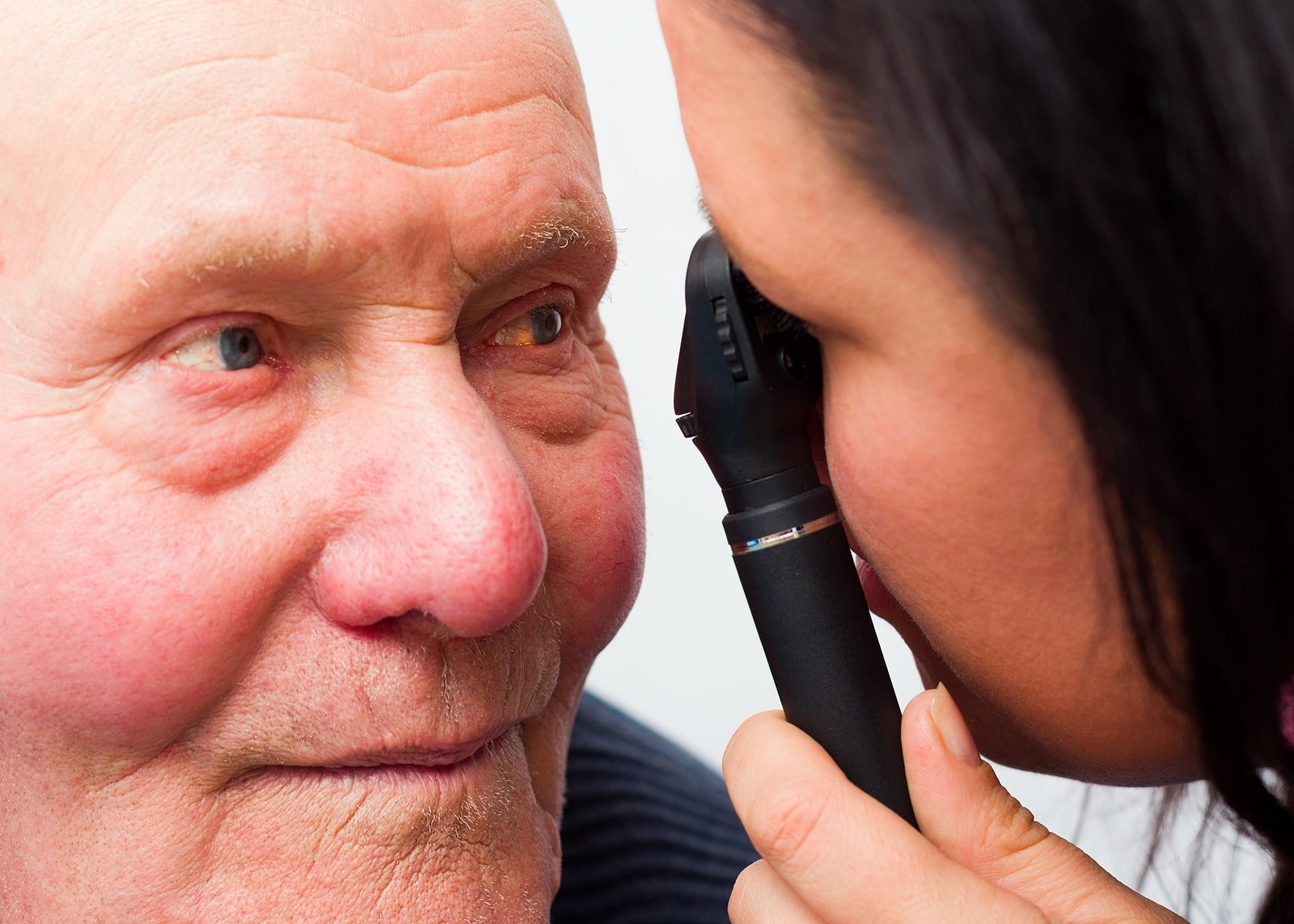
In-Home Care Assistance Before and After Cataract Surgery
Cataracts are a prevalent eye condition that impacts a significant portion of the American population, with over 50% affected by the age of 80. The elderly individuals may have a cataract or have undergone cataract surgery. One of the main indicators of cataracts is a reduction in vision, which can cause blurry vision or sensitivity to glare. It is crucial to recognize the symptoms of cataracts as they can lead to blindness if left untreated. It is recommended to schedule regular check-ups with an ophthalmologist and to monitor any changes in vision. In-home care providers can play a crucial role in helping seniors manage their cataracts and maintain their quality of life.
Risk Factors and Preventative Measures
Cataracts have the potential to develop at any age, but the likelihood increases significantly as we grow older, particularly among individuals over the age of 60. Studies have demonstrated a correlation between the disease and factors such as smoking and diabetes. Individuals with a family history of eye problems may be at higher risk for developing cataracts as they age. Although there is no scientifically proven method to prevent cataracts, seniors can manage the condition and receive necessary care through routine eye exams.
In-Home Care after Cataract Surgery
Elderly individuals with cataracts may experience varying degrees of vision loss, and caregivers can provide support with daily tasks. Cataracts can cause vision impairment that may hinder one’s ability to carry out everyday household tasks. Here are some ways that caregivers can assist seniors with cataracts:
Encourage Regular Eye Exams
Regular eye exams are essential for detecting and monitoring cataracts. In-home care can encourage seniors to see an eye doctor at least once a year or as recommended by their doctor.
Assist With Daily Activities
Cataracts can make it difficult for seniors to perform everyday tasks such as cooking, cleaning, and dressing. Senior home care can assist seniors with these activities or help them find adaptive devices to make these tasks easier.
Provide Transportation
Seniors with cataracts may have difficulty driving or navigating public transportation. Home care can help by providing transportation to appointments, errands, and social activities.
Ensure Proper Lighting
Good lighting can help seniors with cataracts see more clearly. Home care will make sure that the home is well-lit, especially in areas where seniors spend a lot of time, such as the kitchen and living room.
Monitor Medication Use
Some medications can exacerbate cataracts or cause other vision problems. In-home care should monitor seniors’ medication use and notify their doctor if they notice any changes in vision.
Encourage Healthy Habits
Eating a healthy diet and staying active can help seniors maintain their overall health, including their vision. Companion care at home will encourage seniors to eat a balanced diet rich in fruits, vegetables, and whole grains and to engage in regular physical activity.
Provide Emotional Support
Cataracts can be frustrating and can cause seniors to feel anxious or depressed. Companion care at home can provide emotional support and encourage seniors to talk to their doctor or a mental health professional if needed.
